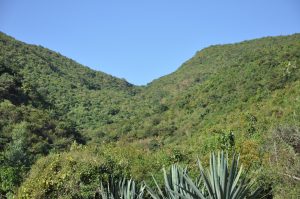
Originally published on the FMNR Hub website.
In 2008, decades of continuous clearing of trees for charcoal and firewood had left thousands of hectares of hills barren, exposing the residents to severe drought and starvation. To address this degradation, and the negative effects it was having on the community, the Humbo FMNR project began. World Vision’s intervention brought the forest back, transforming the lives of hundreds of families living around hill bottoms.
Thirty-five year old Aster Tantu married to Ergado Urgu, 45, and gave birth to six children explained the situation, “We used to cut trees on the hills unwisely for charcoal and the trees were dwindled year after year. When it was raining, our land used to be covered with huge infertile mud and stones washed down from the top of the hills. I used to harvest less than 200kg of maize from my one hectare of land in a year.”
As a result of the villagers’ own actions and erosion, the land was left with bare hills where there were stones all over the place which made farmland around hill bottoms very infertile. Families living around hill bottoms used to experience the terrible effects of hunger and starvation frequently. “My family of seven did not get even one meal a day and usually go to bed hungry for more than six months of the year, “Aster remembered her horrible experience.


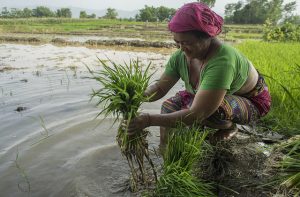 Wheat, rice, maize, pearl millet, and sorghum provide over half of the world’s food calories. To maintain global food security under climate change, there is an increasing need to exploit existing genetic variability and develop crops with superior genetic yield potential and stress adaptation.
Wheat, rice, maize, pearl millet, and sorghum provide over half of the world’s food calories. To maintain global food security under climate change, there is an increasing need to exploit existing genetic variability and develop crops with superior genetic yield potential and stress adaptation.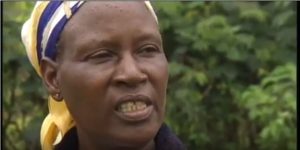 Purity, a Kenyan farmer shares her experiences and benefits of dairy farming with fodder trees.
Purity, a Kenyan farmer shares her experiences and benefits of dairy farming with fodder trees. Farmer Managed Natural Regeneration is an approach which World Vision uses to restore degraded land in projects throughout the world. The practice of FMNR can increase crop yields, firewood and livestock fodder. It can diversify household income sources through the sale of excess tree and non-tree products. It also has the ability enhance resilience to climate change and extreme weather conditions.
Farmer Managed Natural Regeneration is an approach which World Vision uses to restore degraded land in projects throughout the world. The practice of FMNR can increase crop yields, firewood and livestock fodder. It can diversify household income sources through the sale of excess tree and non-tree products. It also has the ability enhance resilience to climate change and extreme weather conditions.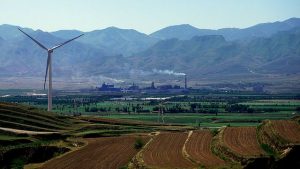 In his address to the World Economic Forum, Chinese President Xi showed China’s willingness to step into a growing global leadership role, including on climate change. Xi called for all countries to hold fast to the hard-won Paris Agreement, saying “walking away” from the pact would threaten future generations, and that green development is already showing promising results. This was a continuation of the stance China took during the climate talks in Marrakech, Morocco last year, where the country indicated its intent to advance ambitious climate action.
In his address to the World Economic Forum, Chinese President Xi showed China’s willingness to step into a growing global leadership role, including on climate change. Xi called for all countries to hold fast to the hard-won Paris Agreement, saying “walking away” from the pact would threaten future generations, and that green development is already showing promising results. This was a continuation of the stance China took during the climate talks in Marrakech, Morocco last year, where the country indicated its intent to advance ambitious climate action.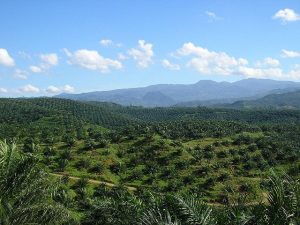 The world has never seen such political momentum to protect our planet’s forests. Around the world, 366 companies, worth $2.9 trillion, have committed to eliminating deforestation from their supply chains,
The world has never seen such political momentum to protect our planet’s forests. Around the world, 366 companies, worth $2.9 trillion, have committed to eliminating deforestation from their supply chains,